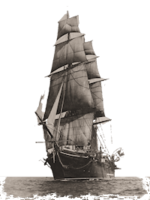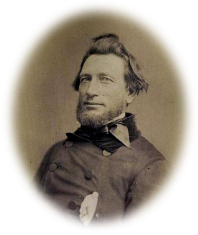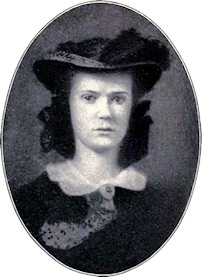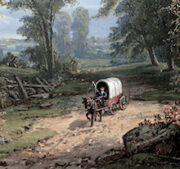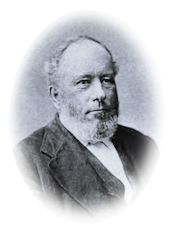NOVEMBER 10th.—A day or two ago some soldiers marched through the city without shoes, in the snow. A committee of citizens to-day obtained an order from the War Department, for the impressment of all the boots, shoes, blankets, and overcoats in the shops. What a commotion among the Jews!
It is certain that the enemy are advancing upon Culpepper, on the way to Richmond, in great force. This we have in letters from Gen. Lee, dated 7th inst., near Culpepper C. H. He says the enemy’s cavalry is very numerous, while our horses have the”sore tongue,” and tender hoofs. Lee has ordered the stores, etc. from Gordonsville to Lynchburg. He says Jackson may possibly march through one of the gaps and fall upon the enemy’s flank, and intimates that an opportunity may be offered to strike the invaders “a blow.”
Yesterday; Sunday, a cavalry company dashed into Fredericksburg, and after robbing the stores, and reporting that the Democrats had swept the North, that England and France had recognized us, etc., they dashed out again.
The President sent to the department today, without comment, a defense by Col. Baylor of his atrocious order for the massacre of the Indians. It was in a Texas paper. Baylor acknowledges its genuineness, and says the Apaches murdered our people invited to make a treaty with them, and he says it is his intention to retaliate by extermination of them.
Another proposition was received by the government to-day from a French firm of New Orleans merchants, to furnish us salt, meat, shoes, blankets, etc., in unlimited quantities, and guarantee their delivery, if we will allow them, with the proceeds of salt, the privilege of buying cotton on the Mississippi River, and they will, moreover, freight French ships above New Orleans, and guarantee that not a bale shall be landed in any U.S. port. Is it not certain that “Butler, the Beast,” is a party to the speculation? This is a strong temptation, and we shall see what response our government will make to this proposition to violate an act of Congress.

